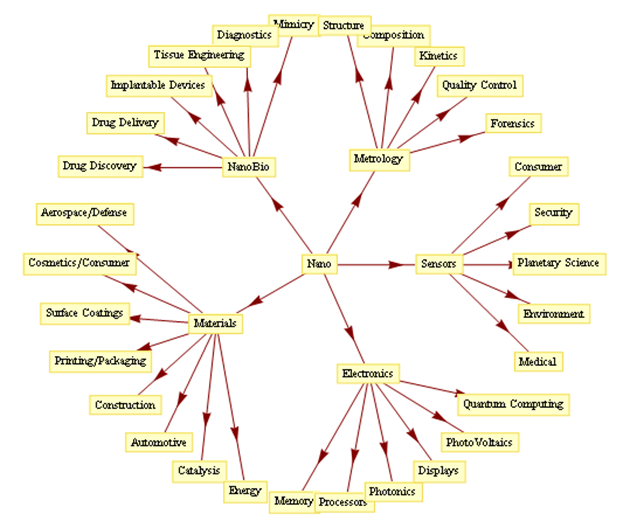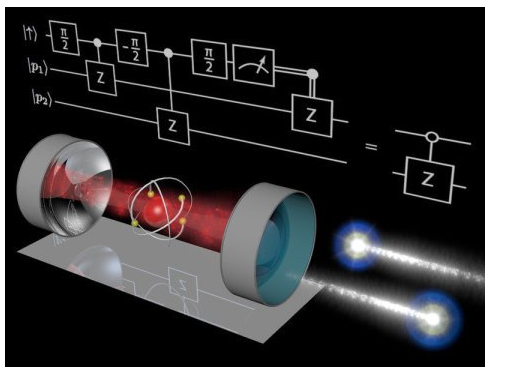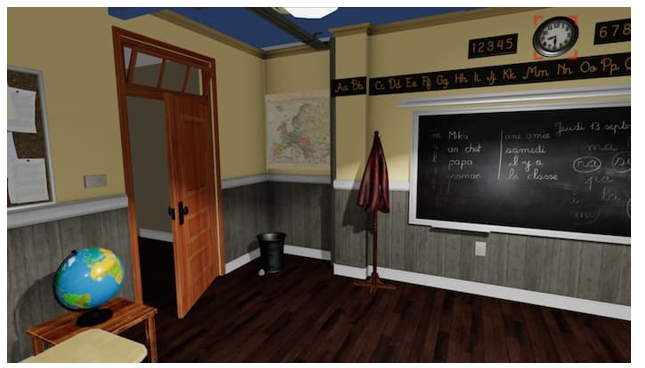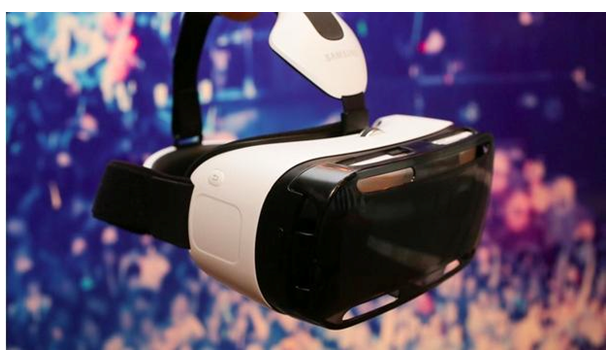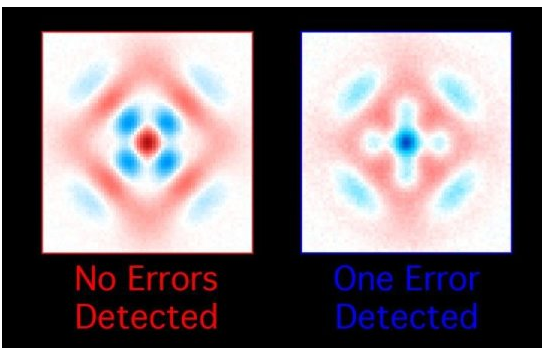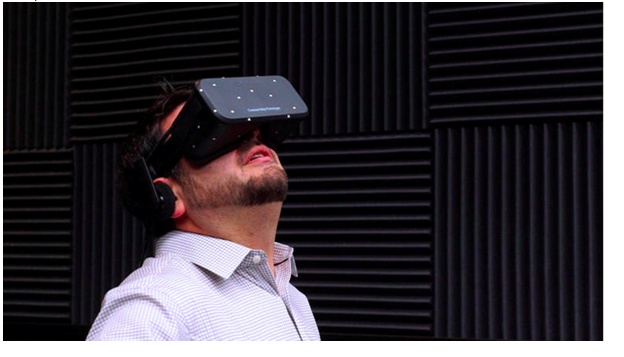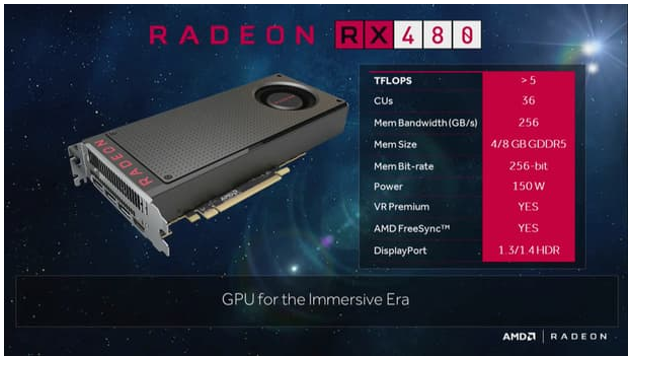How Nanotechnology Poised to Change Medicine Forever — and What’s Holding it Back
Science fiction movies such as Ant-Man and Fantastic Voyage excite us about the possibility of shrinking ourselves down to the subatomic level. In the Disney version of The Sword in the Stone, Merlin defeats the sorceress Madam Mim in a shape shifting battle by turning into a microbe which makes her sick. All of these touch upon the power that comes with being able to control what is infinitesimally small. In reality, science has made great progress in this regard. But we’re not quite there yet. The prefix nano comes from ancient Greek meaning, “dwarf.”…
Read More
